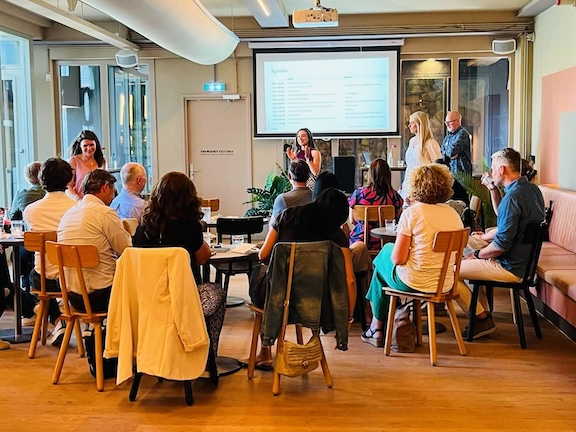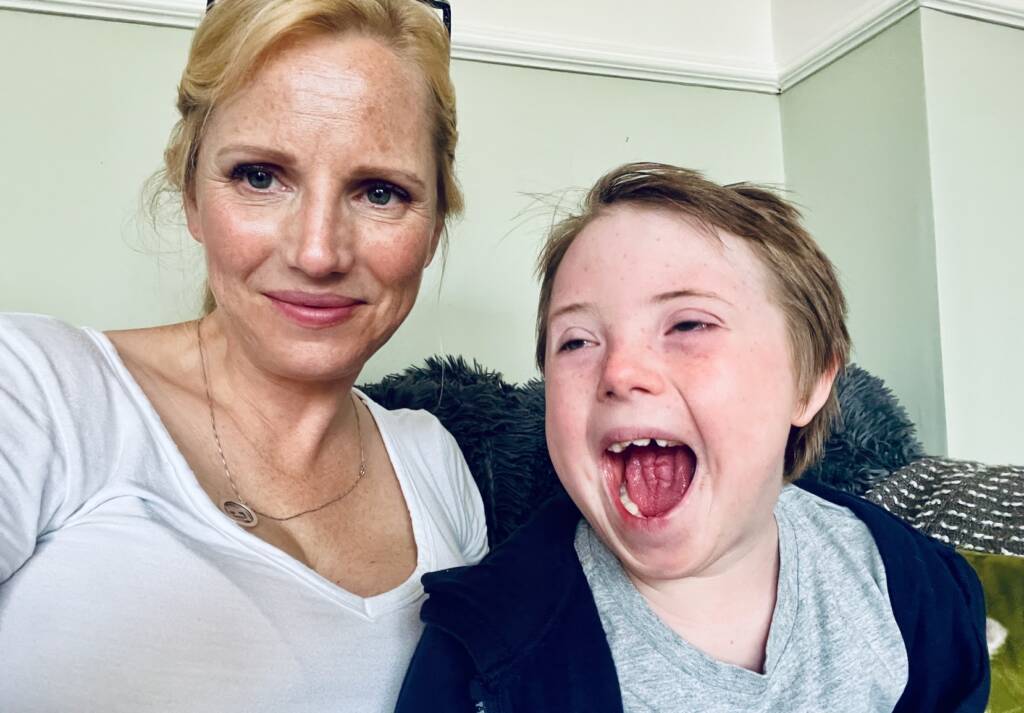Employee Spotlight: Nora Alves talks employee success, inclusion, and superpowers
Welcome to the inaugural edition of the Certinia Employee Spotlight Series! We’ll be highlighting the many employees that help drive success of the company – across departments, offices, and the globe. These are the faces of Certinia.
We kick off with Nora Brennan Alves, Chief Diversity Officer and Employee Success Business Partner for our global marketing and global field organization. Based at Certinia headquarters in San Francisco, Nora sat down with us to share why she joined Certinia, a view into her first six months, and insights into the company-wide effort to expand employee success and inclusion.
Hi Nora! Tell us a bit about your background and your path to Certinia.
Nora: Most of my career has been in startup HR, primarily for customer support and R&D organizations, including Linden Lab (developer of Second Life) and Heroku. Heroku is actually where I met Certinia CEO Tod Nielsen, and having worked with him before is a key reason why I decided to come to Certinia.
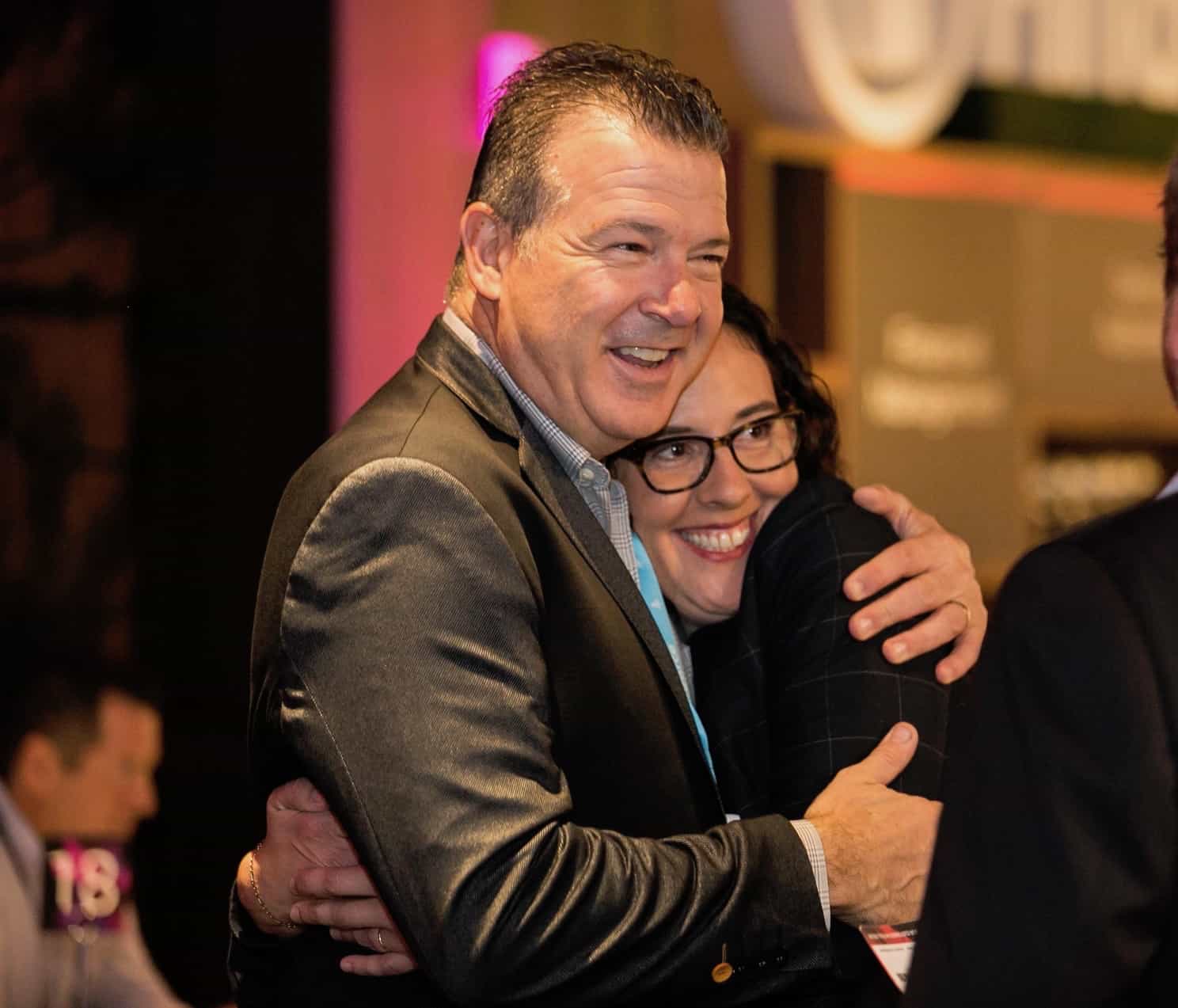
What is it about Tod’s working style that drew you to work with him again?
Nora: I think that for people to be happy at work, culture is a really important factor. And for me, contributing to a positive, encouraging work group is a must for my career decisions. I have seen firsthand that Tod is positive, he’s honest, he’s direct, and he’s a real leader – exactly what is needed to drive a happy, inclusive culture.
Now that you’ve been here for six months, can you describe what your typical day looks like?
Nora: The only thing I can tell you about a typical day is that it starts off with a cup of coffee in the morning! A lot of my time is spent talking to people. I’m at that stage where a lot of the tactical work was done early in my career – where you learn a lot about HR. And then as you move along you end up doing more strategic work which involves talking to people, getting an understanding of what’s going on in the organization, and making recommendations for organizational planning and changes.
When I first started, Tod had just made a commitment to look at performance and compensation processes and build out a stronger employee performance and compensation program. So my first month was spent getting to know the organization, understanding our compensation program, and building a vision for where we need to go.
Some of what I learned is we didn’t have career matrixes for a lot of our departments. Work had been started but needed to be picked up. It’s something we’re really excited about rolling out throughout the organization. Essentially, the purpose is to give our people visibility into the structure of their functional teams, visibility into what their career path can look like, and ideally things they can work on, including training and development.
Tell us about TINYpulse, and the initiative behind that.
Nora: TINYpulse is an employee engagement platform where employees provide anonymous feedback. They can give us feedback on company programs, tell us about ones we may be missing, or express other thoughts or concerns. Its purpose is to help us develop a two-way conversation about what employees want so they can be happy and engaged at work. The great thing about my experience with TINYpulse here is that it told us that we’re focused on the right things, e.g. career paths, manager training, and our focus on inclusion.
Shifting from the past six months to the upcoming year, what are you most excited to be working on?
Nora: Wow, we have a long list! Personally, the most important and exciting thing right now is the inclusion effort within the company. We have the support of the organization and we have these awesome partners in marketing and other teams who are helping make it happen. One individual can’t move the needle on inclusion, so as an organization we all need to own it.
Watch Nora introduce the Diversity & Inclusion panel at Dreamforce 2017:
Can you tell us more about Certinia’s diversity & inclusion efforts?
Nora: Initially, before I started, it was very much a grassroots-driven part of the organization. I was asked to take the helm because leadership felt like we weren’t getting the traction that we really needed. There wasn’t visibility or adoption across the organization.
Personally, I’m not as interested in just talking about diversity statistics because I don’t think that the numbers speak to whether or not you’re actually including people in the conversation. An organization can have a representation of numbers, but if you’re not bringing people to the table then you’re not going to change the way you’re doing things.
We recently did an employee survey and asked what kinds of things our people wanted to see as actions across the organization. We learned that employees want to see us become more deliberately inclusive in our recruiting process. We are still working on figuring out what that means, but at first glance, it doesn’t mean we have nine people interview candidates; it means we have three or four interviewers from across departments, functions, or backgrounds.
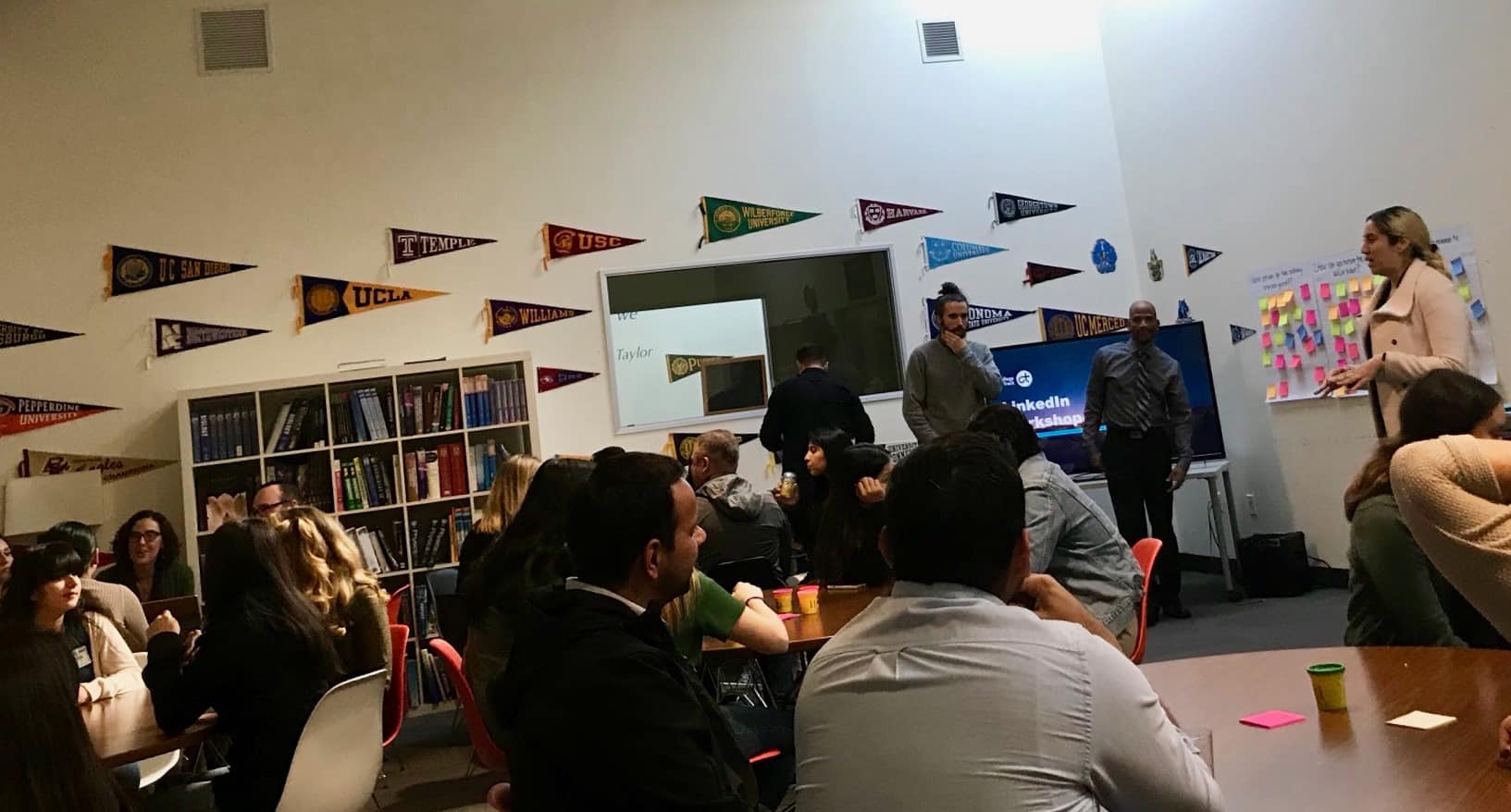
We also want to do more general events and community outreach like what we’re doing with College Track, an organization that empowers students from underserved communities to graduate college. We are partnering with them for an internship program here in San Francisco that we hope will span marketing, HR, and sales.
I’d like to shift to some fun questions outside your role at Certinia. To start: what piece of advice do you wish somebody had told you 10 years ago?
Nora: As a woman in the workforce – and maybe it’s not fair to say just women, but we are incredibly self-critical – I’ve spent a lot of my career doubting myself and my choices. So one thing I wish somebody had told me early, and that I had actually listened to, was that you really need to let go of regret and allow yourself to make mistakes—that mistakes are okay and you shouldn’t dwell on them. I think that a lot of times in my career (and life!) I didn’t take risky choices because I was worried about, “Can I really do it? Am I really capable?” I think that’s the one thing that still lingers with me.
When I did a Women in Leadership panel with Salesforce in New York City, somebody said, “You’re the only person holding you back, so give yourself the opportunity.” I love that message.
What do you do in your free time?
Nora: I hang out with my kids whenever I’m not here at the office! We swim a lot, build Legos, and hang out with friends. And I also sew! I actually used to sew a lot and now I’m just getting back to it. It’s my Christmas thing, where I say to myself, “I need to make stuff for people,” and then I make little things.
Favorite color?
Nora: Orange and purple, but not brown.
Favorite movie?
Nora: That’s tough. I watch a lot of movies. If I think about the number of times I’ve watched a movie recently, it might be The Man from U.N.C.L.E. – the one by Guy Ritchie. It’s very entertaining and clever.
How about music?
Nora: I recently rediscovered jazz. A good friend collects vinyl records, and I have been spending lots of time with him. I had forgotten how much I enjoyed it.
Do you have a superpower?
Nora: Yes! It’s actually related to being hearing-impaired. Because I can’t hear well I rely on lip reading, and it’s given me this ability to read a room like nobody’s business. Just subtle changes in people’s movements will cue my superpower.
Do you have a spirit animal?
Nora: No. It’s funny. Every time I get asked this question I want to respond that I would have had to have gone on a vision quest to know what it is. So for now, and the last few years, my spirit animal answer is a bottle of whiskey.
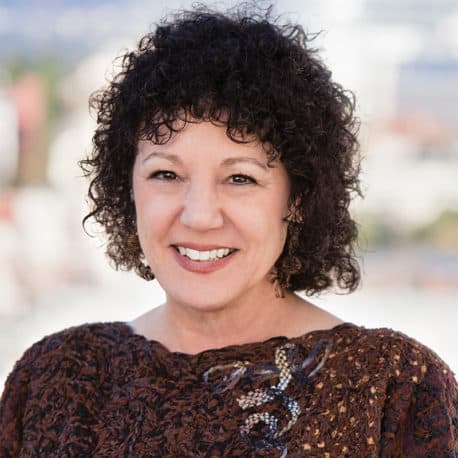
Finally, who is your role model?
Nora: Freada Kapor Klein was my first Silicon Valley human resources “mentor.” I met her a couple times when I worked at Second Life, as her husband’s company was an investor. I had just moved to California and I really didn’t absorb the opportunity to meet and spend time with her. But now I’ve been watching and listening to her advocate for underserved communities and drive research to answer the question why minorities and women are leaving the tech industry at such high rates. She inspires me to take risks, drive change, and make a difference in whatever way I can at Certinia.
Thank you for reading! Learn more about life at Certinia and see open opportunities here.


